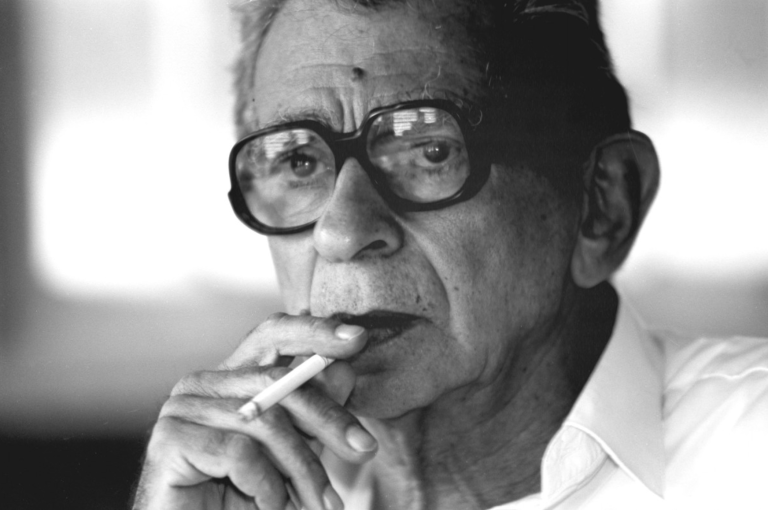For the first time, Cairo-based arthouse cinema Zawya is taking its programming beyond Egypt, guest curating a special series at New York’s Metrograph. The program, timed ahead of Youssef Chahine’s centennial in 2026, showcases newly restored versions of some of the director’s most celebrated films, many making their U.S. premieres.
Youssef Chahine, one of the Arab world’s most influential auteurs, has worked spanning over five decades, oscillating between personal narratives, historical epics, and social commentaries, often blending playfulness with deeply felt cultural critique.
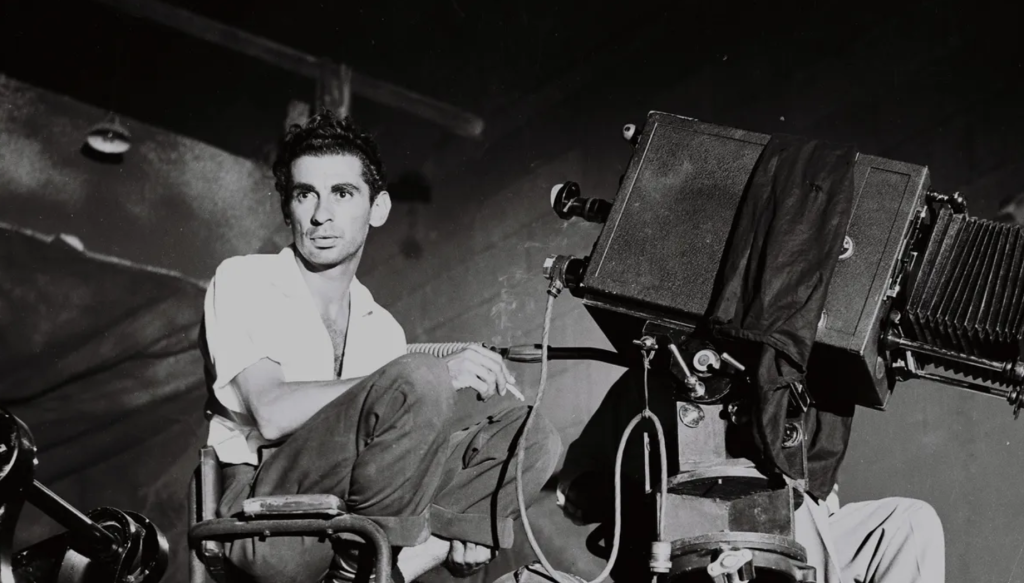
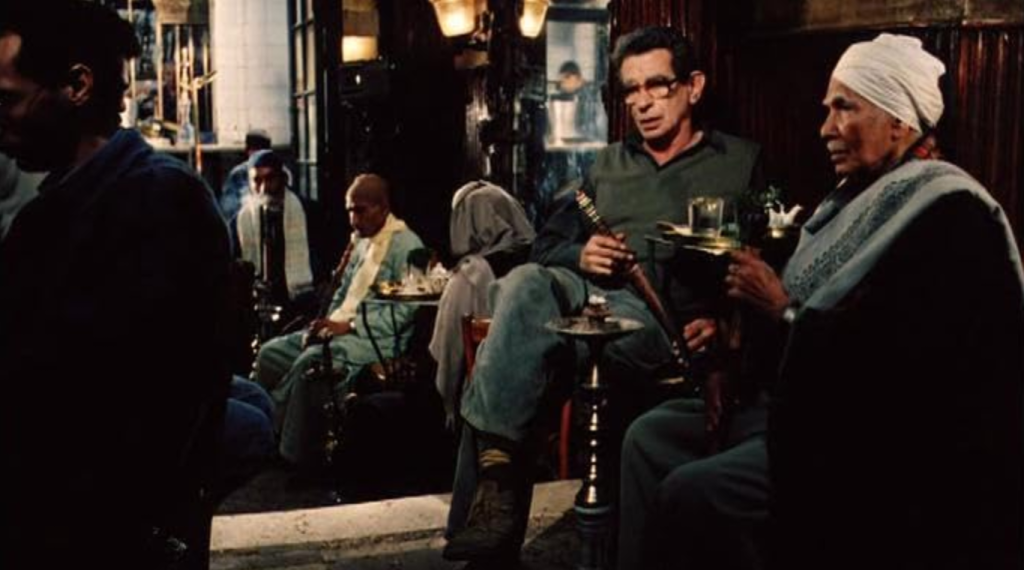
Here’s a look at some of Chahine’s best works that will be screened in NY:
Cairo Station + Cairo As Seen by Chahine, (1958)
A pioneering work that explores human desire, alienation, and societal tension, Cairo Station remains a landmark in Egyptian cinema. This screening is paired with the short film Cairo As Seen by Chahine, offering the director’s reflections on his hometown and its cinematic portrayal.
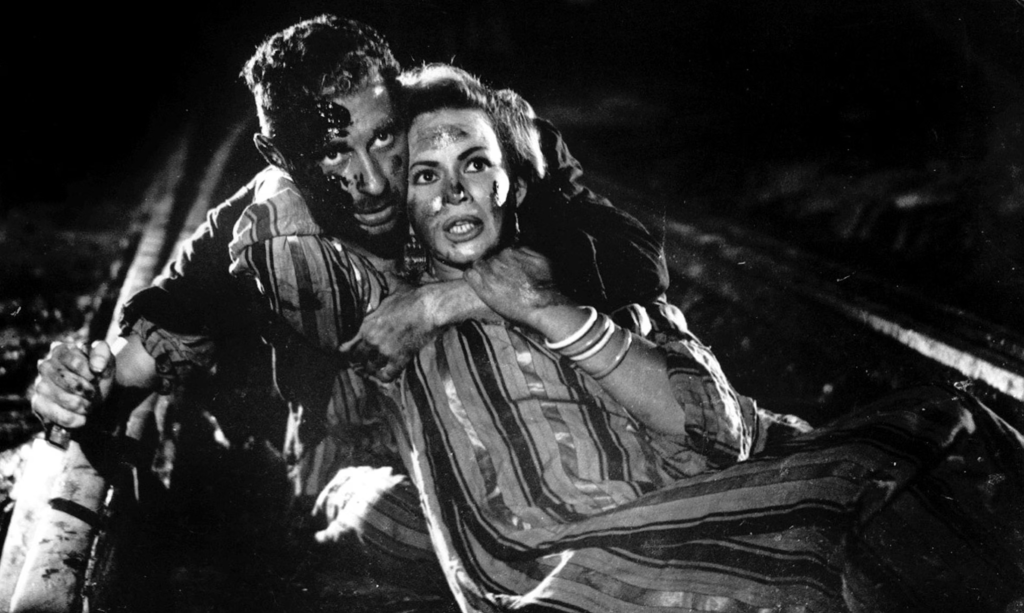
Alexandria… Why? (1979)
Amid the poverty, loss, and devastation of World War II, 18-year-old Yehia escapes into a world of imagination and desire. Consumed by his love for Hollywood, he dreams of studying filmmaking in America but finds his aspirations stifled by middle-class limitations and the grim realities of war.
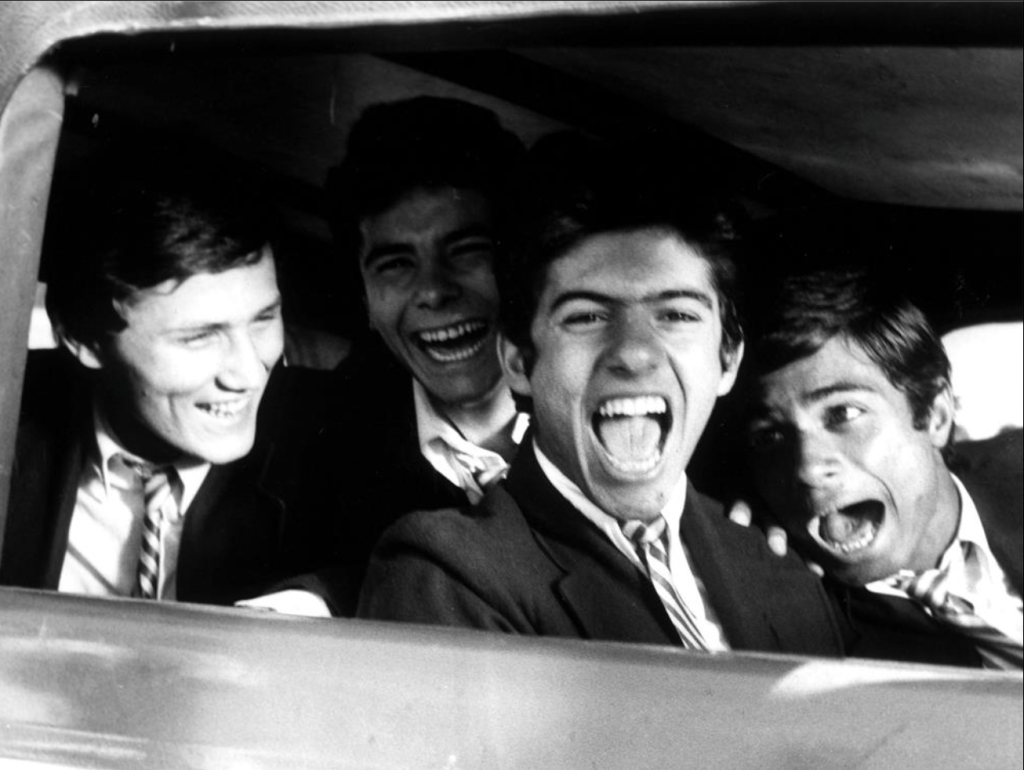
An Egyptian Story (1982)
While undergoing open-heart surgery and drifting under anesthesia, filmmaker Yehia envisions a surreal courtroom where he is judged by his younger selves — the child and the adolescent.
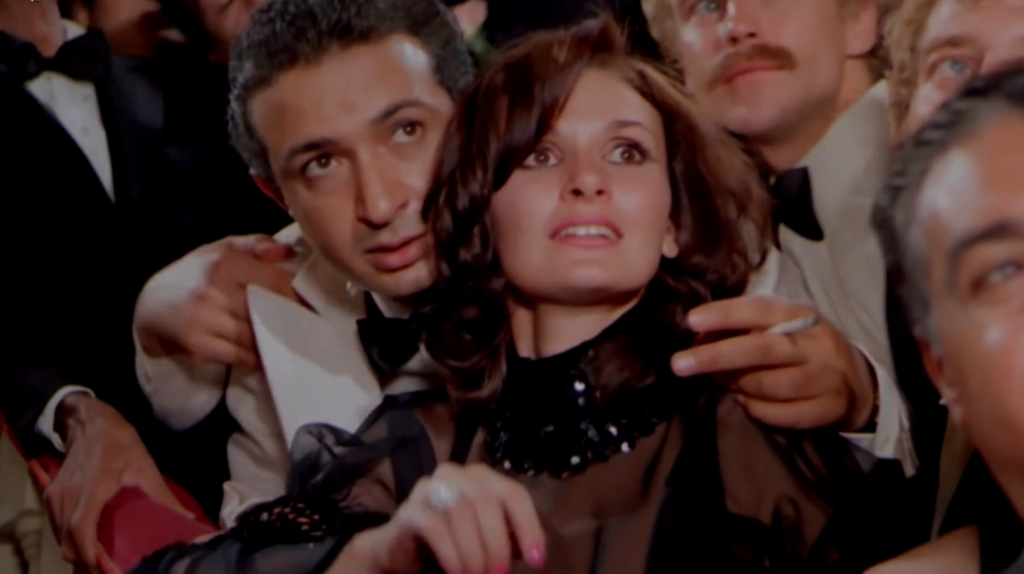
Alexandria: Again and Forever (1989)
During a hunger strike within Egypt’s film industry, Yehia — a renowned director — becomes entangled in his fascination with Amir, the star of his latest film, and Nadia, an actress he longs to collaborate with. As the final chapter in the celebrated Alexandria trilogy, this film reflects on life, love, and cinema, offering a mature, introspective look at Chahine’s own artistic journey.
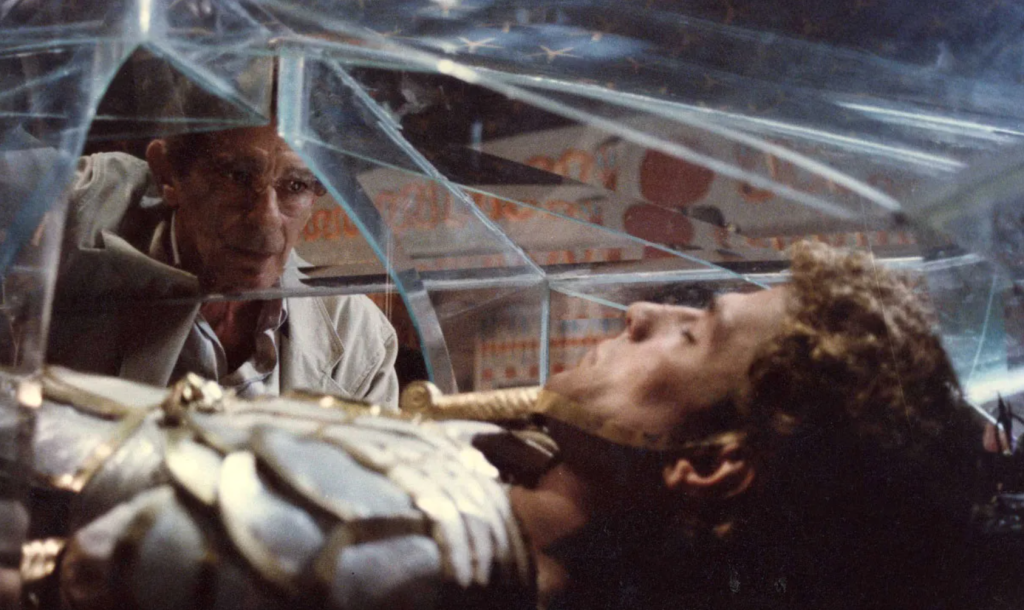
Dawn of a New Day (1965)
Long overshadowed by Chahine’s grander works, this quietly powerful drama explores how individuals grapple with moral and social duty in a rapidly shifting Egypt. It reveals the director’s deft touch in merging intimate human stories with broader undercurrents.
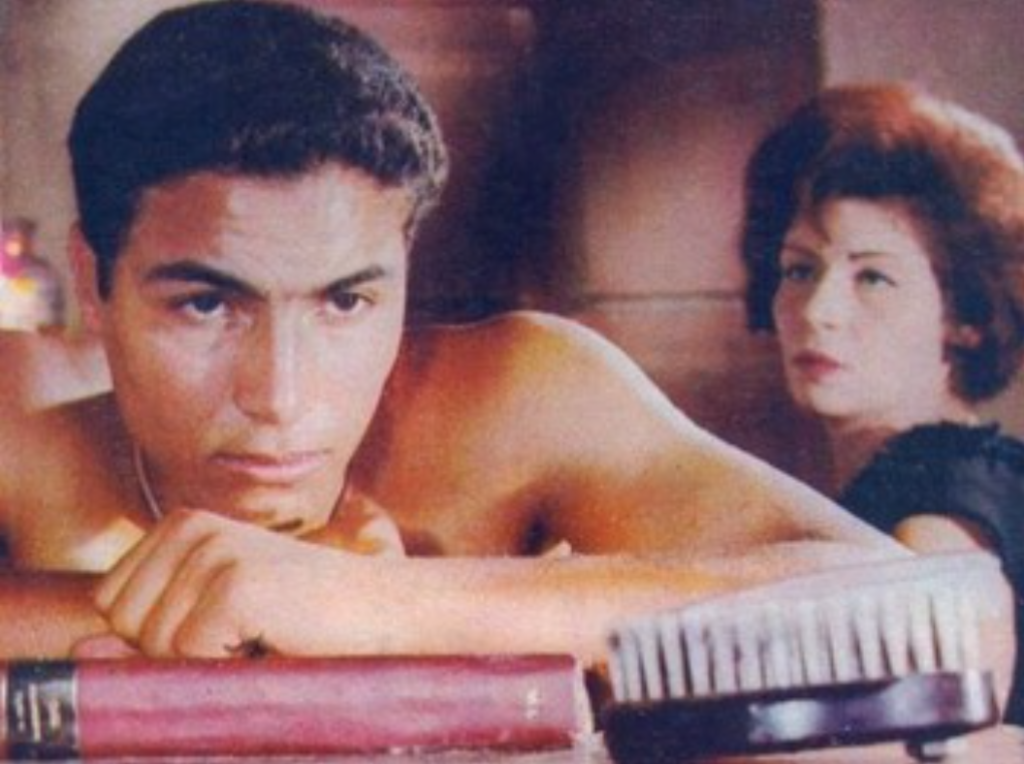
Saladin the Victorious (1963)
An epic historical drama, Saladin the Victorious retells the life of the legendary sultan, emphasizing anti-imperialist themes while showcasing Chahine’s cinematic grandeur.
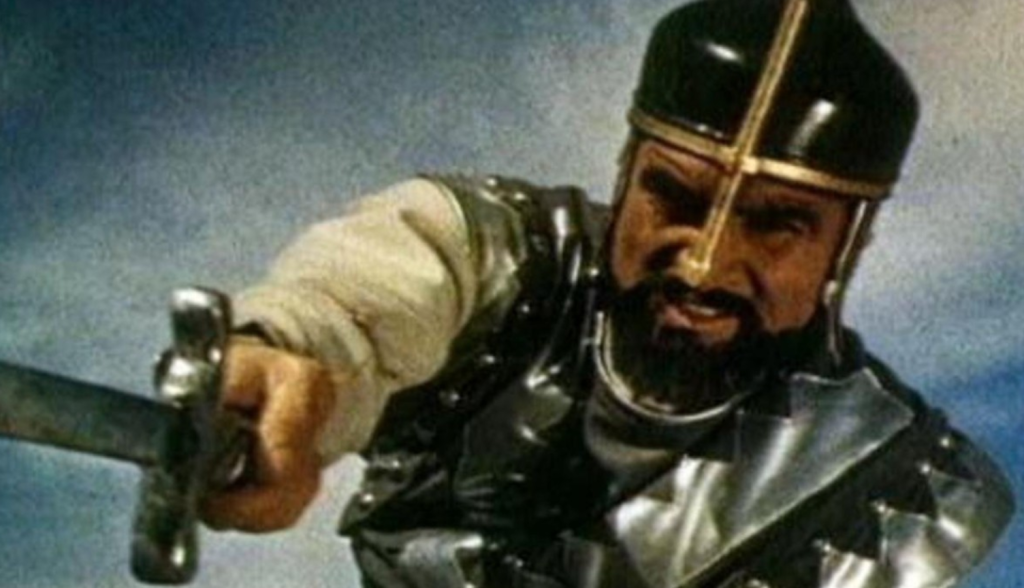
The Land (1969)
In a rural Egyptian village, residents struggle to maintain access to their water supply. When authorities restrict irrigation to just a few days each month, several villagers are arrested for exceeding the limits. What first appears to bring the community together against a common threat soon exposes old rifts and internal divisions.
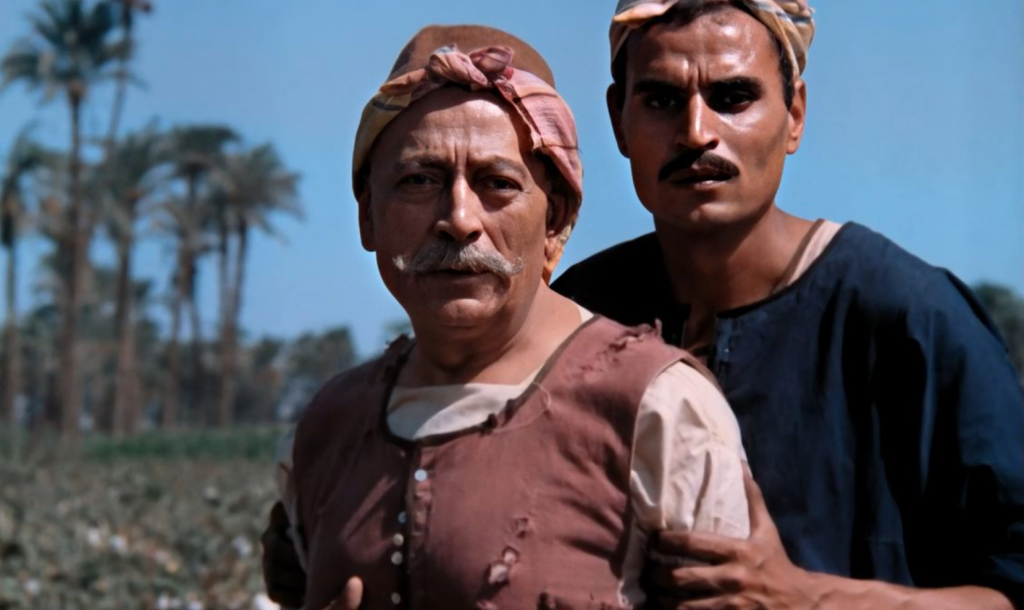
The Return of the Prodigal Son (1976)
After twelve years behind bars, a man returns home only to find that freedom offers little solace. His reunion with his family quickly unravels as bitterness, regret, and unmet expectations turn his homecoming into a confrontation with everything he’s lost.
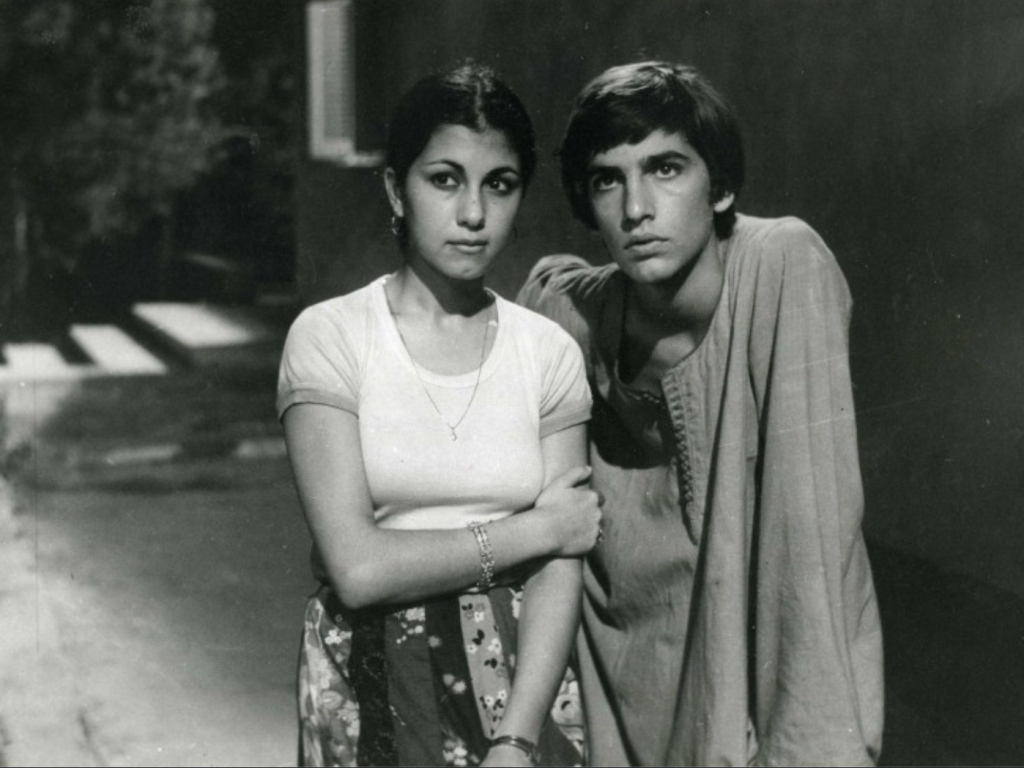
A Milestone for Zawya
This Metrograph series marks a milestone for Zawya, highlighting the growing global reach of Arab cinema. It also gives U.S. audiences the rare opportunity to experience Chahine’s work in restored prints, contextualized by one of Egypt’s foremost cinema curators.
WE ALSO SAID THIS: Don’t Miss… 10 Films to Keep on Your Radar From GFF’s ‘Out of Competition’ Lineup


